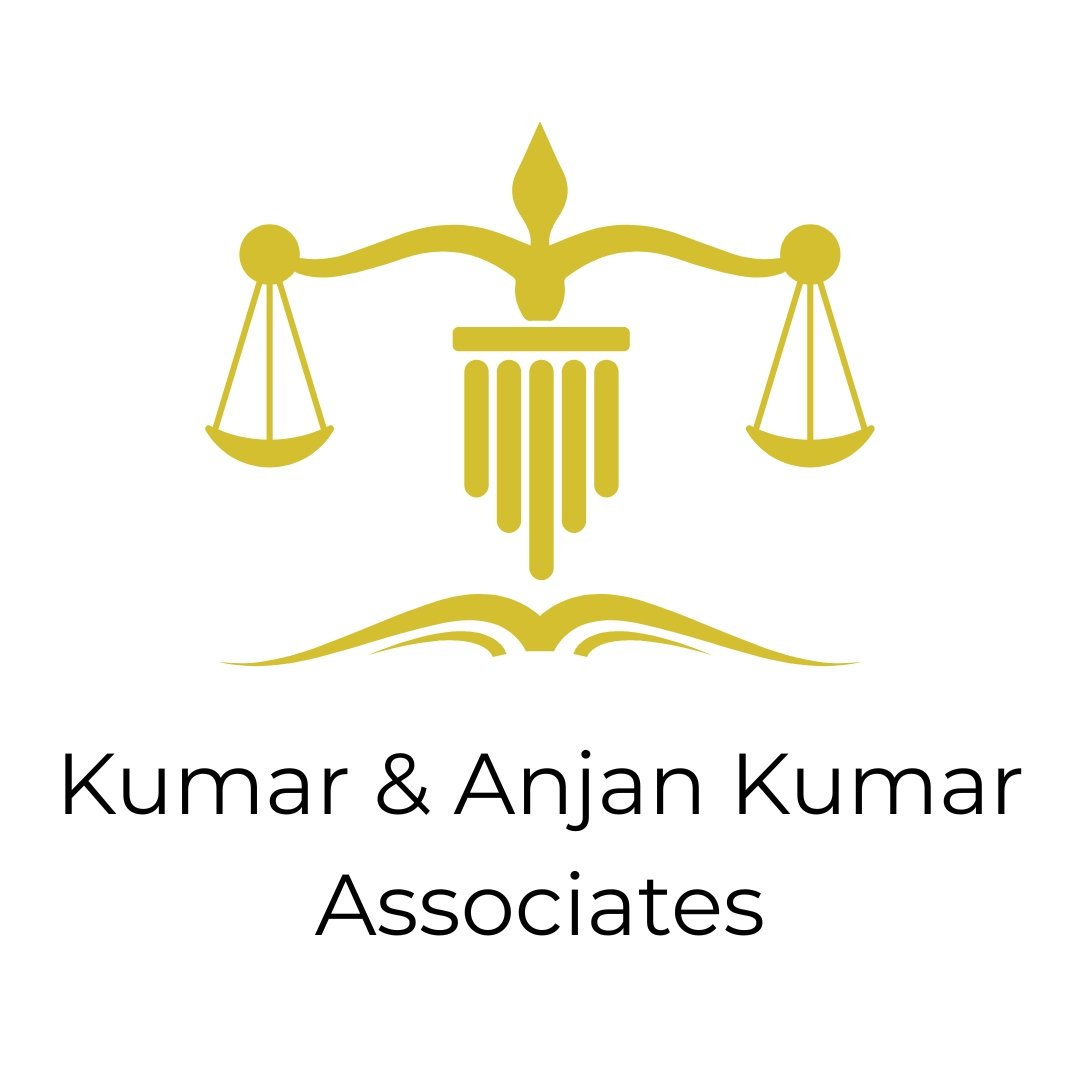
How to Verify Property in Bangalore
Bangalore, India’s Silicon Valley, is a magnet for real estate investment. Its rapid growth, however, comes with a significant risk. A 2025 survey by CREDAI Karnataka revealed a startling statistic: 62% of property disputes in Bangalore stem from improper document verification. Before you invest your life savings, lease a new office, or inherit a family

